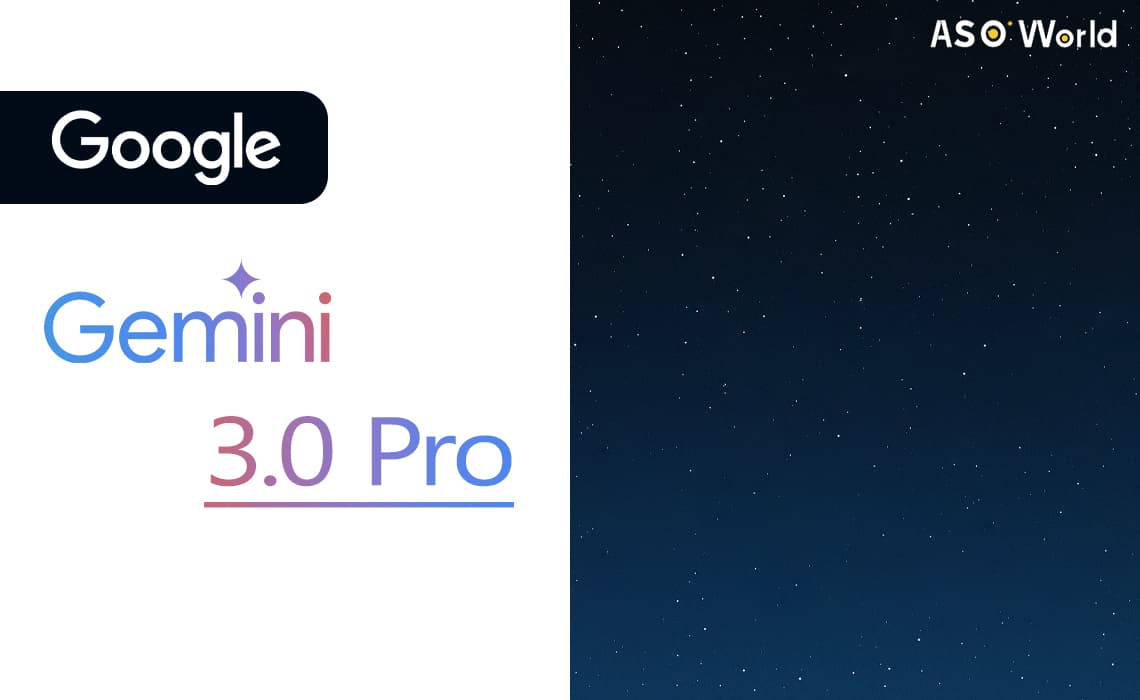Google's Gemini 3.0 Launch Remains Unconfirmed Amidst Persistent Speculation

Speculation surrounding the launch of Google's next-generation artificial intelligence model, Gemini 3.0, continues to intensify, with various leaked dates passing without official confirmation. Despite numerous rumors circulating, the highly anticipated AI model has yet to be officially released, leaving the tech community awaiting a definitive announcement from Google.
The ongoing uncertainty was recently highlighted by social media user Haider., who observed, "> unfortunately, people kept 'leaking' Gemini-3 dates almost daily, yet it still hasn't launched." The tweet further noted the lack of a clear timeline, stating, "> no one knows the exact date, so you can't claim others are wrong but 'later this year' doesn't mean 'next week'." This sentiment reflects the widespread anticipation and the absence of concrete information from Google.
Reports from various sources had previously suggested potential launch dates, including October 9th, October 22nd, and November 12th, 2025, for either an announcement or a limited release. Many of these dates were tied to alleged internal documents or industry whispers. However, as of late October 2025, these rumored dates have passed without a public unveiling of Gemini 3.0.
Despite the lack of a firm date, Google CEO Sundar Pichai has confirmed a 2025 release for Gemini 3.0, indicating a late Q4 launch is likely. Internal sources within Google's AI operations team reportedly point to a target window between November 15 and December 5, aligning with previous Gemini releases. The company is reportedly conducting extensive A/B tests and internal trials, with references to "gemini-beta-3.0-pro" and "gemini-beta-3.0-flash" appearing in developer repositories.
Gemini 3.0 is expected to bring significant advancements, including enhanced multimodal capabilities, superior coding abilities, and deeper integration across Google's ecosystem, such as Search, Android 16, and Workspace. Features like advanced "Deep Think" reasoning and improved performance in complex tasks are highly anticipated. Google's strategic approach involves rigorous testing and a staged rollout, with early access programs for enterprise and Vertex AI partners preceding a wider public release, which some predict might extend into early 2026.